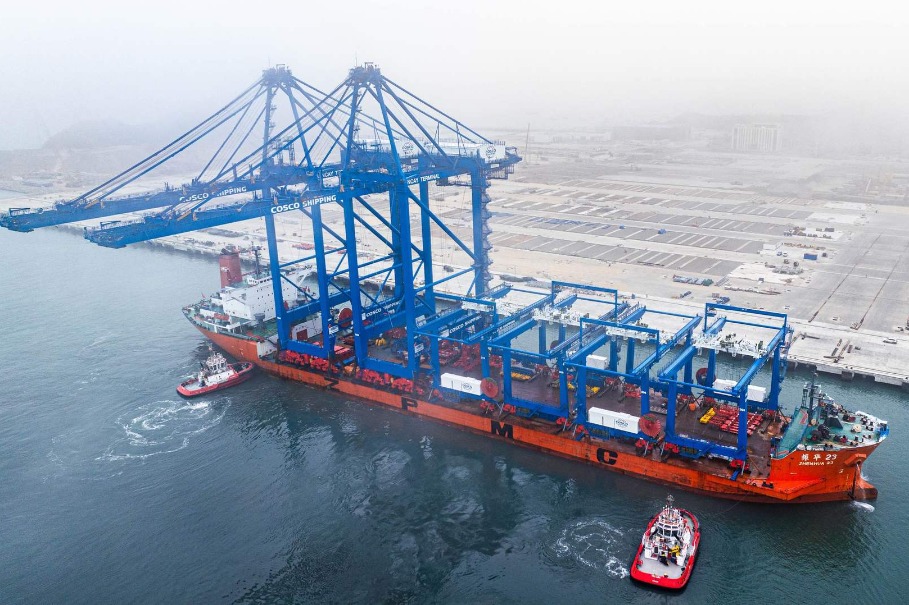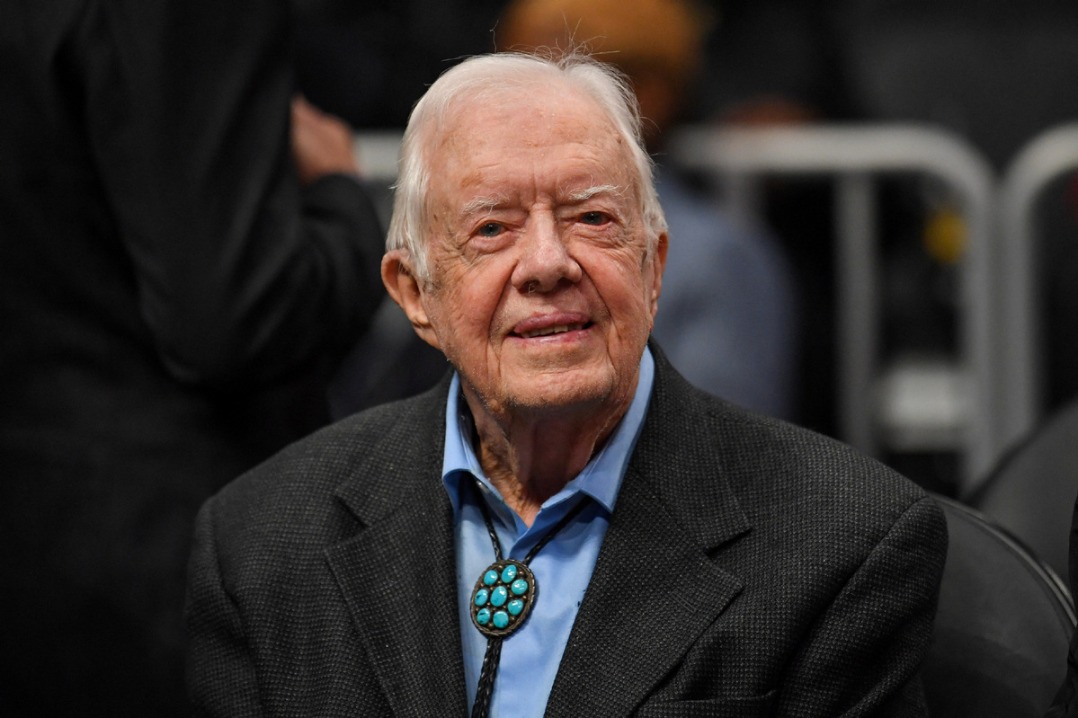Doctored paper scandal spells more trouble for rattled Abe

A cronyism scandal is damaging the credibility of Japanese Prime Minister Shinzo Abe and his Cabinet members. The Japanese finance ministry has admitted that its documents related to the sale of a plot of state-owned land in Osaka prefecture to private school operator Moritomo Gakuen, which the ministry's officials called a "special deal" in the original files, were altered. The edited parts include the names of several politicians and Abe's wife Akie Abe who had visited Moritomo Gakuen several times.
The doctored documents, which were submitted to the country's parliament, have raised Japanese opposition parties' suspicion that Abe or his wife or some government officials had helped Moritomo Gakuen acquire the heavily discounted plot of land.
The revelation of falsified documents is more damaging to the Abe administration than the deal itself which, along with other scandals, caused the public support for Abe to plummet last summer.
Japanese Finance Minister Taro Aso has blamed a small circle of bureaucrats in his ministry for extensively changing the documents. But opposition parties and many ordinary people are demanding that the Abe Cabinet resign owning responsibility for the scandal.
Abe said at a budget committee meeting in the lower house of parliament on Feb 17 last year that if he or his wife was involved in the deal, he would resign both as the prime minister and a lawmaker.
Abe and Aso are yet to clear their names.
According to an opinion poll conducted by Yomiuri Shimbun on March 9-11, about 80 percent of the respondents termed the government's handling of the issue as inappropriate.
Abe is trying to keep Aso in the Cabinet because of the power struggles within the ruling Liberal Democratic Party. Abe leads the LDP's largest faction that has 96 members while Aso, who is also the deputy prime minister and a long-time ally of Abe, controls the second-largest group. Abe needs the support of the Aso-led faction to win a third term as LDP president this fall. He has no lack of rivals, though.
Shigeru Ishiba, who has held several LDP and Cabinet posts, is open about his intention to challenge Abe. Internal Affairs and Communications Minister Seiko Noda told a gathering in Tokyo in January that she wants to "stir up the LDP by running in the presidential election". And Foreign Minister Taro Kono and his predecessor Fumio Kishida, who is now LDP's "No 3 leader" and chairs its policy research council, might also enter the leadership fray.
Besides, Shinjiro Koizumi, the 36-year-old son of former Japanese prime minister Junichiro Koizumi, is gaining increasing popularity. Another Yomiuri Shimbun survey in February on "who should be the next LDP president" showed Koizumi Jr. getting the second-highest number of votes, after Abe. Koizumi Jr. does not have a good enough resume that could land him the prime minister's post. He has never held a Cabinet position or one of LDP's three key posts-secretary-general, general council chairperson or policy research council chairperson. But he has a role model in his father who became the prime minister in 2001 without having served in any of the three key posts.
As such, the LDP presidential race may no longer be a one-man show for Abe.
The opposition parties have a lot of time to grill Abe, Aso and other financial ministry officials during the parliament's regular session, which is expected to end on June 20. They are also demanding that Akie Abe be summoned to the parliament for hearings.
Japanese finance ministry officials, according to reports, doctored the documents of the controversial land sale after the papers were officially finalized. And according to Japan's penal code, fabrication of public documents is prohibited.
If any administration official is arrested on charges of fabrication, it would deal a heavier blow to Abe's Cabinet.
The author is China Daily Tokyo bureau chief.

































